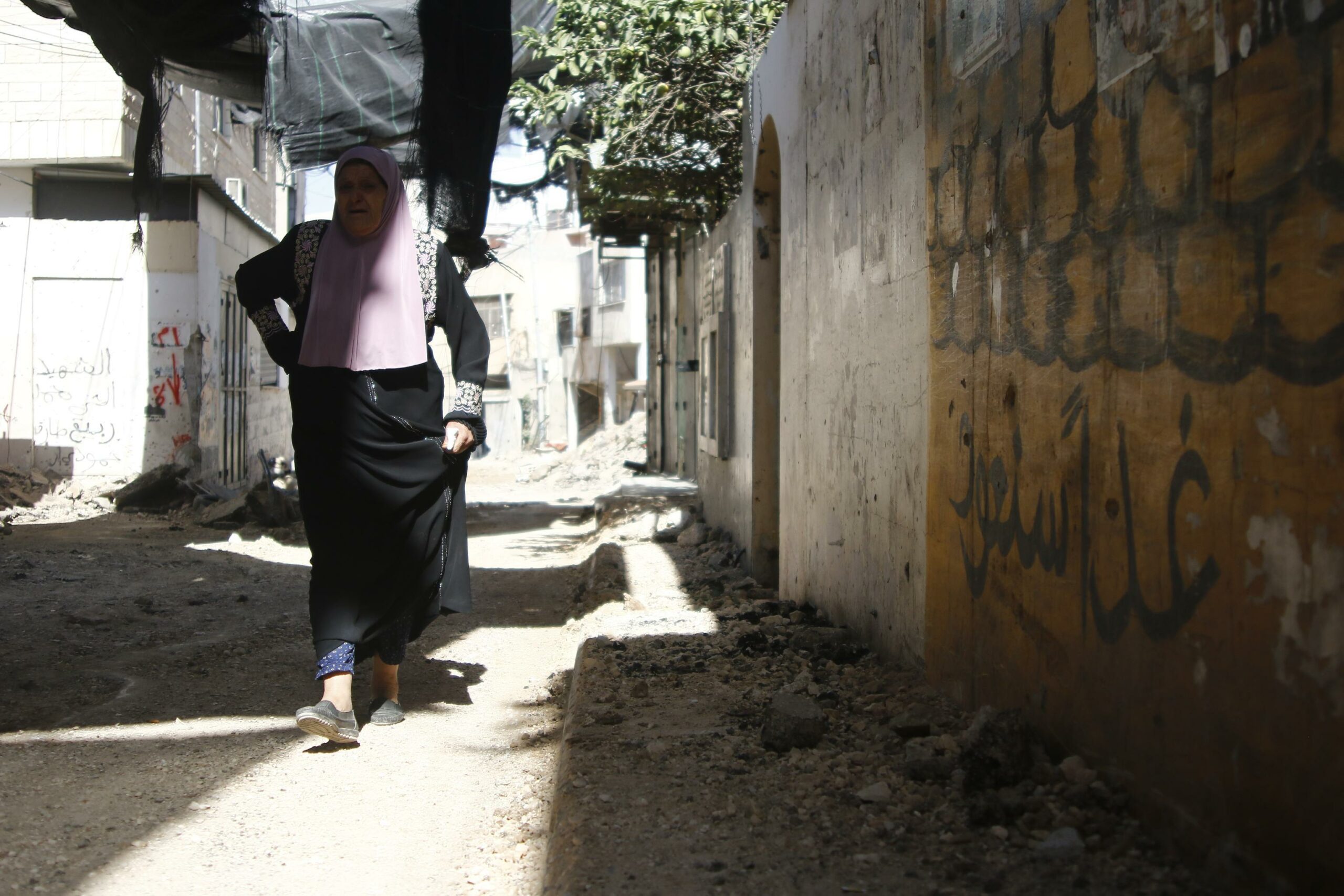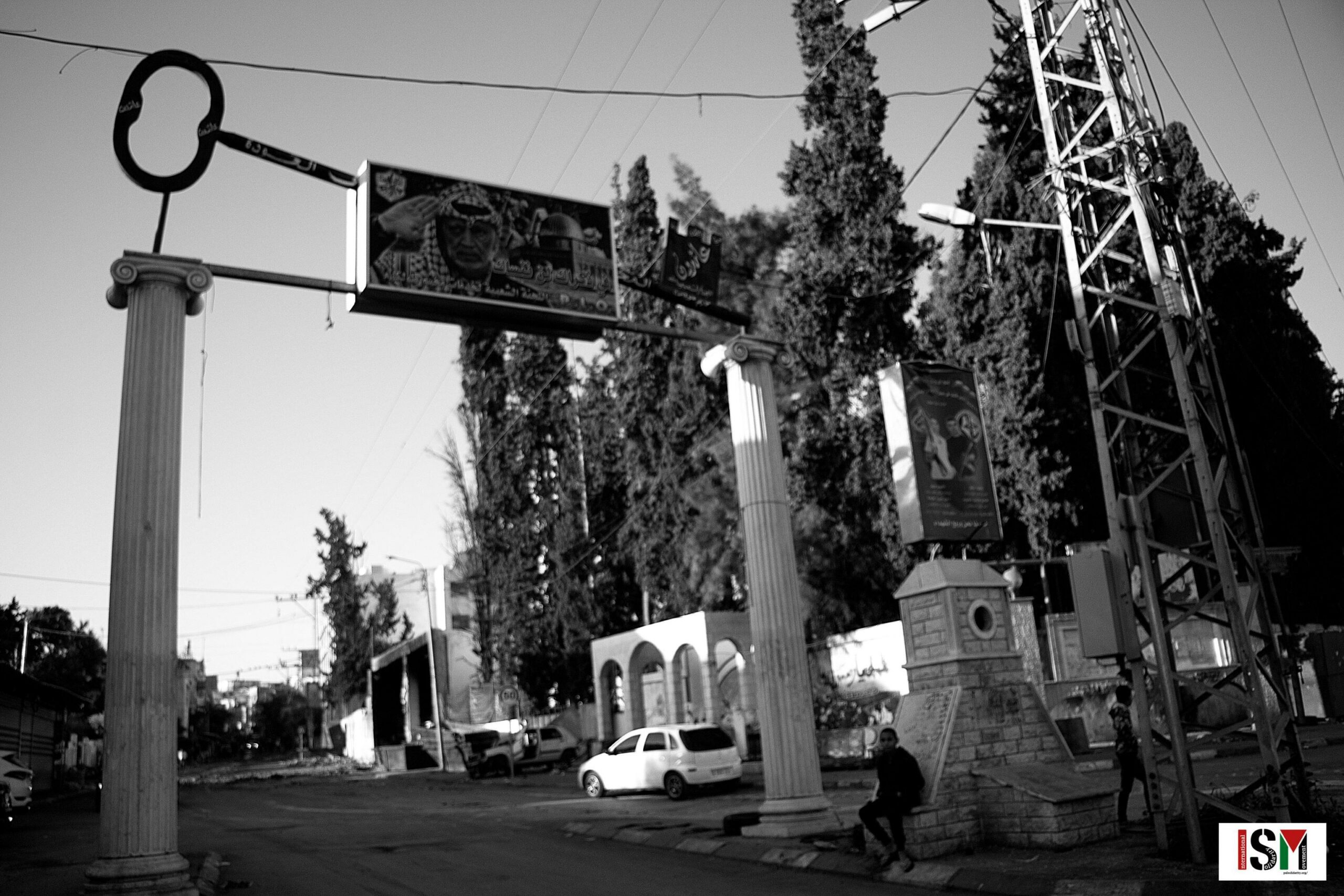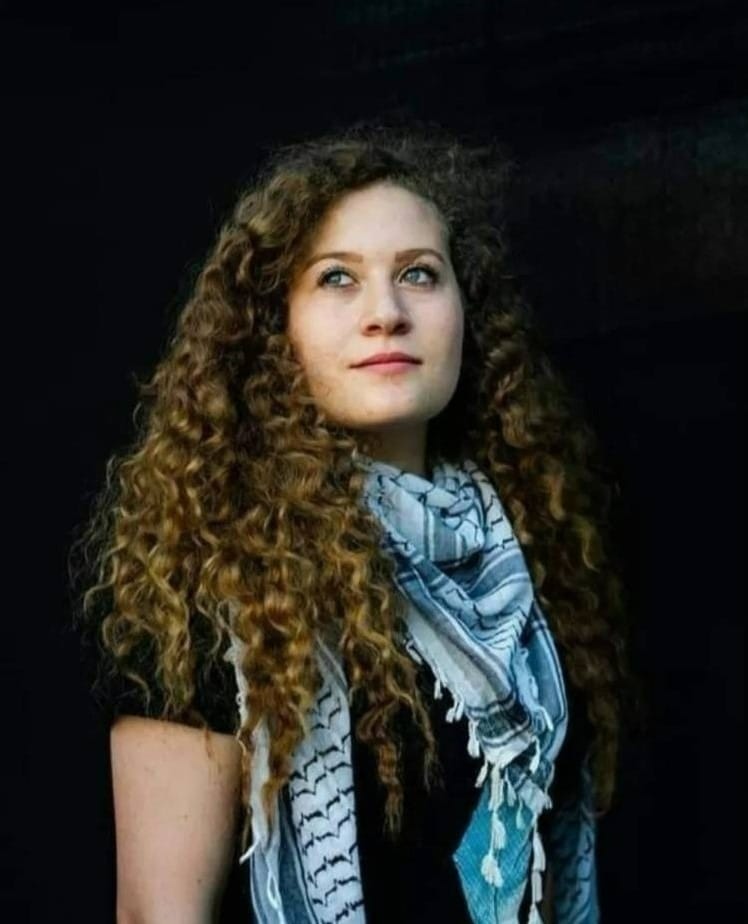-
The Israeli occupation commits new massacres in Jenin Camp, killing 15 Palestinians
10 November 2023 | International Solidarity Movement | Jenin By Diana Khwaelid On Thursday morning Nov. 10th 2023, the Israeli occupation forces stormed the Jenin refugee camp in the northern West Bank. A military operation that lasted 24 hours was carried out by the Israeli Occupation Forces in the Jenin camp with the aim of […]
-
Two attacks in less than 24 hours in Tulkarem Camp
08 November 2023 | International Solidarity Movement | Tulkarm By Diana Khwaelid The Israeli occupation is not only committing crimes in Gaza, it continues to commit crimes in the West Bank. A quick military operation was carried out by Israeli special forces in broad daylight, as they planned an ambush for three young men from […]
-
Israeli occupation forces arrest Ahed Tamimi
6 November 2023 | International Solidarity Movement | International Women’s Peace Service Prominent Palestinian activist, Ahed Tamimi, was arrested in her home in the village of Nabi Saleh near Ramallah, in the early hours of today, November 6. Following the 22-year-old’s arrest, right-wing Israeli media allied with occupation forces and Israeli far-right politicians issued violent […]
Action Alert An Nabi Saleh Apartheid Wall Arrests BDS Bethlehem Bil'in Cast Lead Demonstration Denial of Entry Ethnic Cleansing Farmers Gaza Global Actions Hebron House Demolition International law Israeli Army Jerusalem Live Ammunition Nablus Ni'lin Prisoner Ramallah Rubber-coated steel bullets Settlement Settlers Settler violence Tear-Gas Canister Video



